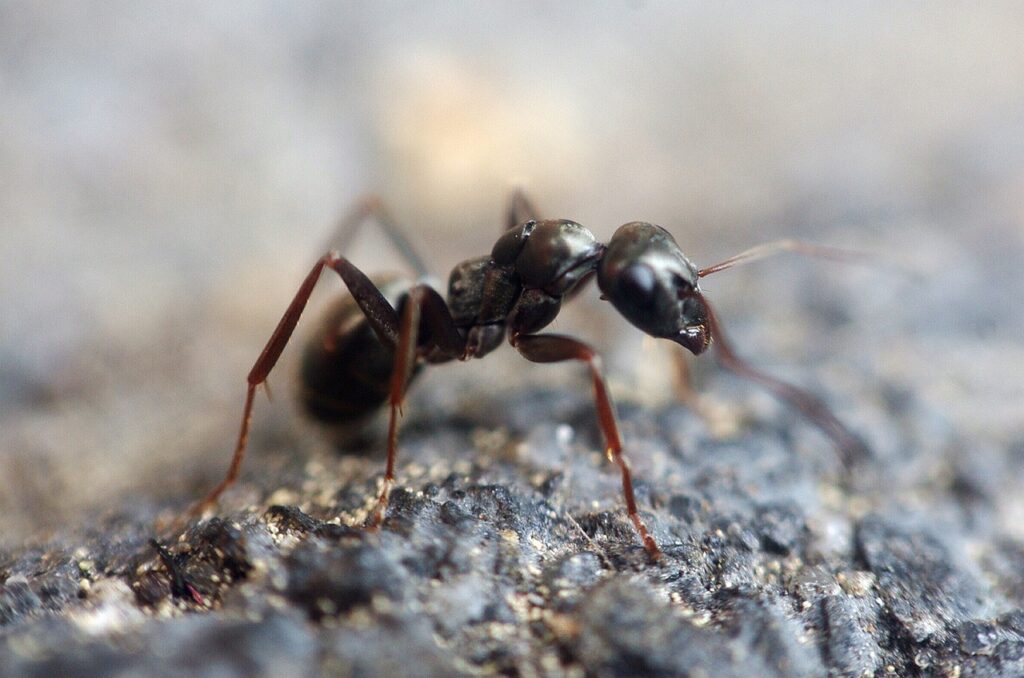Vinegar in the Garden
In spite of common perception, vinegar is not an effective herbicide. It will indeed burn the herbaceous parts of plants but won’t kill the roots. This is as true of the 20 per cent acetic acid vinegars sold as herbicides as it is of the five per cent kitchen variety.
Create a vinegar trap
Take a 2-litre soda bottle and add the chopped up peel of one banana to one cup of sugar, one cup water and one cup of apple cider vinegar. Shake well then hang in a tree to catch flying insects or lay it on the ground to get the crawlers.
Get tough-shelled seeds started.
Woody seeds, such as moonflower, passionflower, morning glory and gourds can be nicked or rubbed with sandpaper, then left overnight in a solution of two cups cider vinegar and two cups warm water. Rinse before planting the next morning.
Ant hills
Spray a mixture of equal parts water and white vinegar around and onto an ant hill. They dislike the smell and will move out. If you’re having a picnic, spray the area to keep them away
Cut flowers
Add two tablespoons of apple cider vinegar along with two tablespoons of sugar to the vase water for cut flowers. The vinegar will sterilize the water and the sugar will stimulate the flowers. Change the water and renew the mixture every few days.
Rabbits
Soak used corncobs with vinegar and leave them around the veggie patch. Renew every couple of weeks to discourage rabbits. This will also send cats packing.
Fungus
Three tablespoons of apple cider vinegar to one gallon water sprayed on black spot or other fungal disease will stop its growth. However, it will not reverse any current damage.











